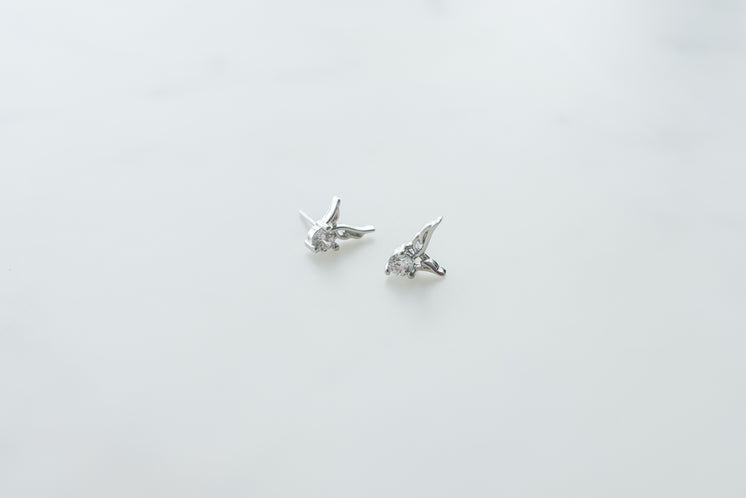The Dark Side of Nutrition
페이지 정보

본문
 The pineal gland regulates a range of physiological processes, including the processing of our body's processing of hormones, enzymes, and experiences, associated with regulating our sleep-wake cycle|influencing our mood and cognitive functions. It is located in a deep area of our brain|and while it is normal for the pineal gland to undergo some degree of calcification as a person ages|over a person's life}, excessive calcification has been linked with health issues such as dementia, multiple sclerosis, fibromyalgia and anxiety.
The pineal gland regulates a range of physiological processes, including the processing of our body's processing of hormones, enzymes, and experiences, associated with regulating our sleep-wake cycle|influencing our mood and cognitive functions. It is located in a deep area of our brain|and while it is normal for the pineal gland to undergo some degree of calcification as a person ages|over a person's life}, excessive calcification has been linked with health issues such as dementia, multiple sclerosis, fibromyalgia and anxiety.Research into the causes of excessive calcification of the pineal gland points towards external influences as common factors. Dietary imbalances, sugar addiction and artificial additives have been found in various studies to compromise our body's utilization of magnesium, a key mineral involved in preventing hardening of the pineal gland.
One of the primary concerns with diets that contribute to excessive pineal guardian order gland calcification is the high intake of dietary sources that contain high levels of calcium. A mineral required in balance, when consumed in excess, can contribute to its hardening or calcification.
Additional dietary factors that play a significant role include our consumption of fluoride a substance added to many water supplies and used as an ingredient in various food items, which interferes with the body's ability to produce melatonin, the hormone that regulates our sleep-wake cycles.
It is also observed that consumers of nutrient-poor diets such as vitamin D, zinc, and potassium, their pineal gland is exposed to an inadequate supply of suitable nutrients. This not only negatively impacts pineal gland health but also contributes to the hardening of the gland.
Considerable evidence suggests that environmental pollutants and toxins also influence the calcification process in addition to dietary and lifestyle factors. Chemicals found in plastics and pesticides have been identified in research to disrupt endocrine function, with an overactive pineal gland often appearing in clinical studies.
Changing one's diet towards a less processed diet, rich in plant foods, alongside exposure to an outdoor environment with minimal fluoride and calcium, is shown in studies to promote optimal pineal gland functionality. Maintaining proper magnesium levels through careful food choices further assists in keeping one's pineal gland in its best condition. If you are concerned about maintaining a healthy pineal gland, consulting healthcare professionals prior to making any significant changes to your lifestyle is advisable.
- 이전글Voice Over Strategies For The Entrepreneurially ChallengedThe Time Is Running Out! Think About These 6 Ways To Change Your Voice Over 25.06.06
- 다음글Unlocking the Third Eye of the Brain and Mind 25.06.06
댓글목록
등록된 댓글이 없습니다.
